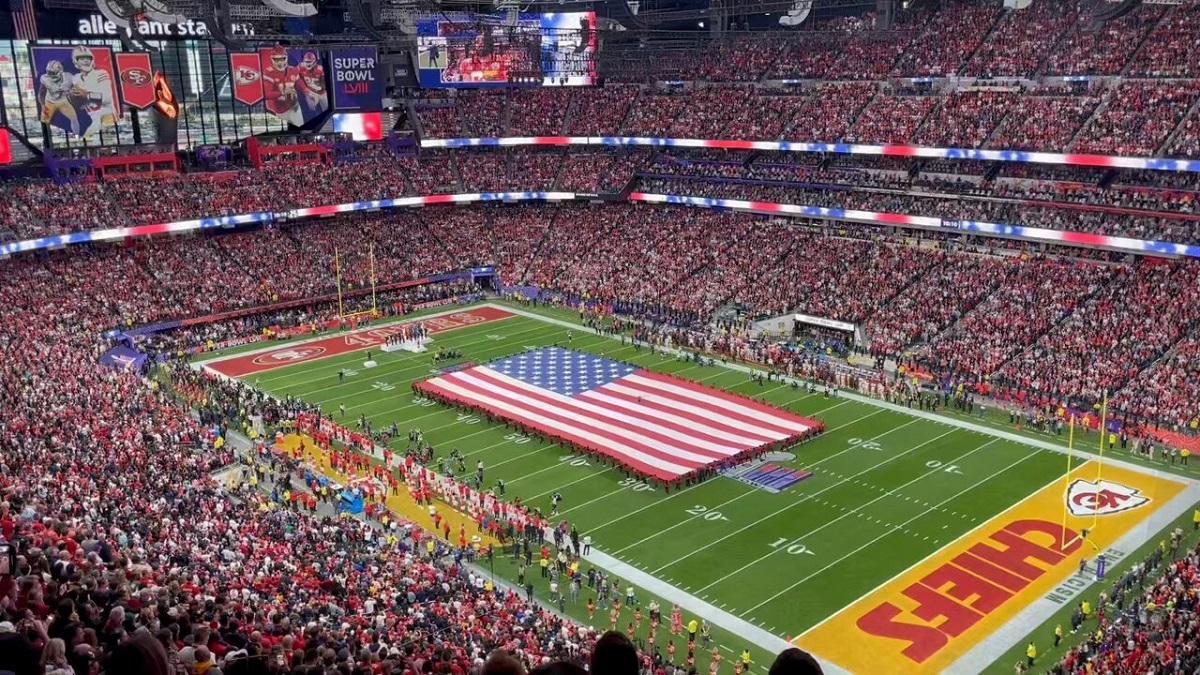Traveling for a sports event is an exciting experience. Whether you’re a die-hard fan following your favorite team or an enthusiast attending a major sporting event like the Olympics or the World Cup. Planning for such a trip involves more than just securing tickets; it requires preparation in areas like accommodation, transportation, safety and local culture.
Unlike a typical vacation, sports events often draw large crowds, causing hotels to fill up quickly and local amenities to be stretched. In this guide, we’ll walk you through essential tips on hotel bookings, practical safety, and other aspects to ensure you have an enjoyable and hassle-free trip.
Please Download Our Mobile App here.
Hotel Booking
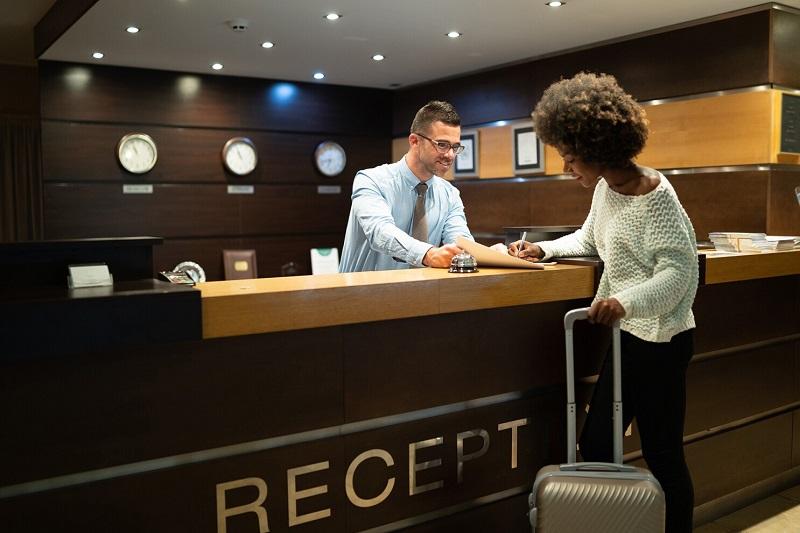
When traveling for a sports event, securing accommodation should be at the top of your list. Popular events attract thousands of visitors, which can lead to skyrocketing hotel prices and fully booked establishments. To get the best deals, book your hotel well in advance—sometimes months before the event.
Consider staying in areas outside the main event location for more affordable options, especially if public transport is reliable. Additionally, it’s wise to research hotels that offer flexible booking policies, such as free cancellations or changes, as event dates can sometimes shift or your plans may change unexpectedly.
Short-term rentals through platforms like Airbnb are another option, providing a home-like experience and often being more budget-friendly for group travelers. Proximity to the venue and transportation options should also be considered, as these can drastically impact your overall experience.
Practical Safety Tips
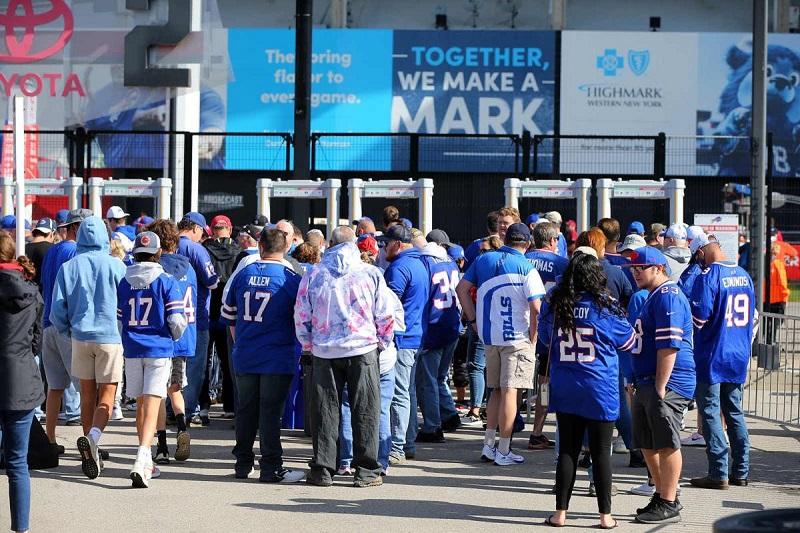
Attending a sports event with large crowds can sometimes pose safety challenges, so it’s essential to be prepared. Begin by familiarizing yourself with the venue layout, including exits, medical stations and security points, especially if it’s your first time attending the event. Crowds can be overwhelming, so always keep your personal belongings secure by using a crossbody bag or money belt.
Avoid carrying large amounts of cash and instead use cards or mobile payment options, which are more secure. It’s also essential to stay hydrated and wear appropriate clothing, considering the weather conditions. Sports events can last for hours, so comfort is key.
Keep in mind that fan celebrations can get intense, and sometimes, conflicts may arise between rival supporters. Stay vigilant, avoid confrontations and follow any local guidelines or stadium rules.
Transportation
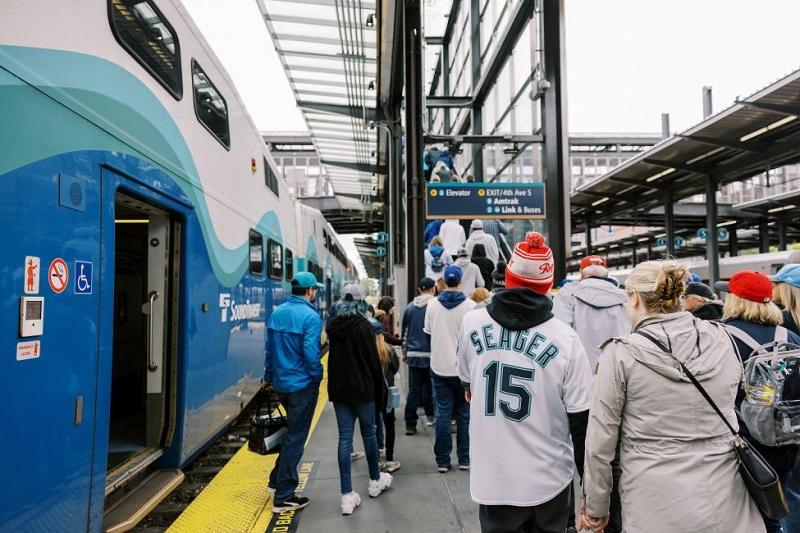
Another key aspect of traveling for a sports event is ensuring smooth transportation. Whether you’re flying or driving, it’s important to plan your journey to avoid unnecessary stress. If you’re flying, book your tickets early to get the best prices and choose flights that allow flexibility.
For driving, ensure your vehicle is in good condition and plan your route carefully, especially if parking at the event is limited. Public transport is often a great alternative when traveling within a city hosting an event.
Major cities typically enhance their public transport services for large events, making it easier for fans to commute to and from venues. If you’re using public transport, buy your tickets in advance where possible, as stations and ticket booths may be crowded on event days.
Ticket Management
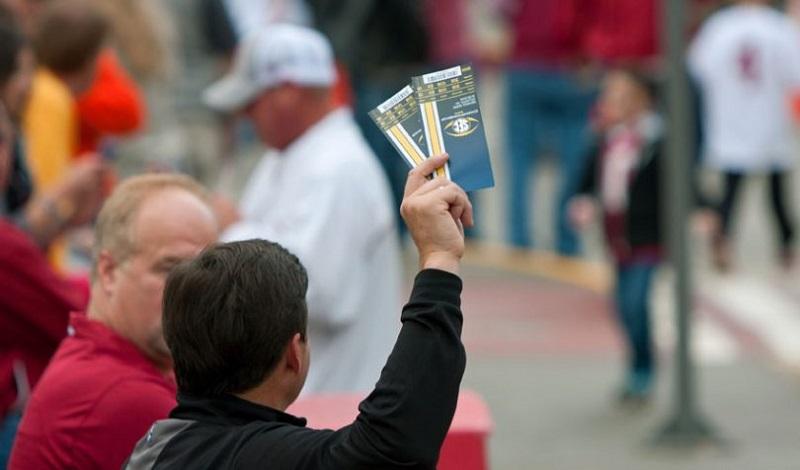
One of the most crucial aspects of traveling for a sports event is ticket management. Sports events, especially major ones like the FIFA World Cup or the Super Bowl, can see tickets selling out quickly. To avoid disappointment, purchase your tickets from official sellers or reputable platforms to ensure they are legitimate.
It’s also a good idea to sign up for event newsletters or follow official event social media channels for updates on ticket releases or resale opportunities. If possible, go for electronic tickets, as these are easier to manage and less likely to be lost compared to physical tickets. Keep multiple copies on your phone and email in case you run into problems.
For those attending events with assigned seating, familiarize yourself with the seating arrangement to locate your spot easily upon arrival. Additionally, if you’ve bought your tickets through a third party, double-check the time and date of the event to avoid any last-minute surprises. If you’re attending multiple events in the same city, keep a schedule of match timings to ensure you have adequate time to travel between venues.
Packing Essentials

Packing for a sports event trip requires a mix of practical and fan-appropriate items. Start with comfortable clothing, especially if the event lasts several hours or takes place outdoors. Layering is essential since weather conditions can change rapidly, and stadiums might have different temperature zones.
Don’t forget essentials like sunscreen, sunglasses and a hat if the event is outdoors. If the weather is cold, gloves and warm jackets are necessary to ensure you stay comfortable for the entire event. In terms of fan gear, pack team jerseys, scarves or other memorabilia to show your support, but be mindful of event rules about large banners or noisemakers, as not all venues allow them.
A small backpack or crossbody bag is ideal for carrying your essentials, such as tickets, ID, and any food or drink that might be allowed inside the venue. Lastly, include a portable phone charger, as your battery might drain quickly when using GPS, taking photos, or staying in touch with fellow attendees. This way you’re prepared for both the event and any unforeseen circumstances during your trip.
Health and Insurance

Whenever you’re traveling, especially for an event that involves being in large crowds, it’s essential to stay on top of your health. Ensure that you’re up to date on any vaccinations or health recommendations specific to the country or city you’re visiting. It’s also advisable to travel with basic medical supplies, such as pain relievers, bandages and any prescription medications you may need.
Having travel insurance is a must. Opt for a plan that includes coverage for event cancellation, trip delays, and medical emergencies. Since sports events often involve higher risks due to crowded areas, insurance can provide peace of mind in case of unexpected situations.
Immerse Yourself in the Local Culture

While attending the sports event is your main focus, don’t miss out on the opportunity to explore the destination. Most major sports events are held in cities with rich cultural histories, local delicacies, and vibrant neighborhoods. Take time to explore beyond the event venue and engage with the local community.
This could mean visiting local landmarks, enjoying regional cuisine, or participating in fan activities set up by the host city. In some cases, special fan zones or events are created for tourists, allowing you to mingle with both locals and fellow travelers.
Conclusion
Traveling for a sports event can be one of the most exhilarating experiences, but it requires careful planning. From booking your accommodation to ensuring your personal safety, every detail contributes to a successful trip. Following these tips ensures a fun and safe adventure, whether you’re attending a local match or a global sporting spectacle.
